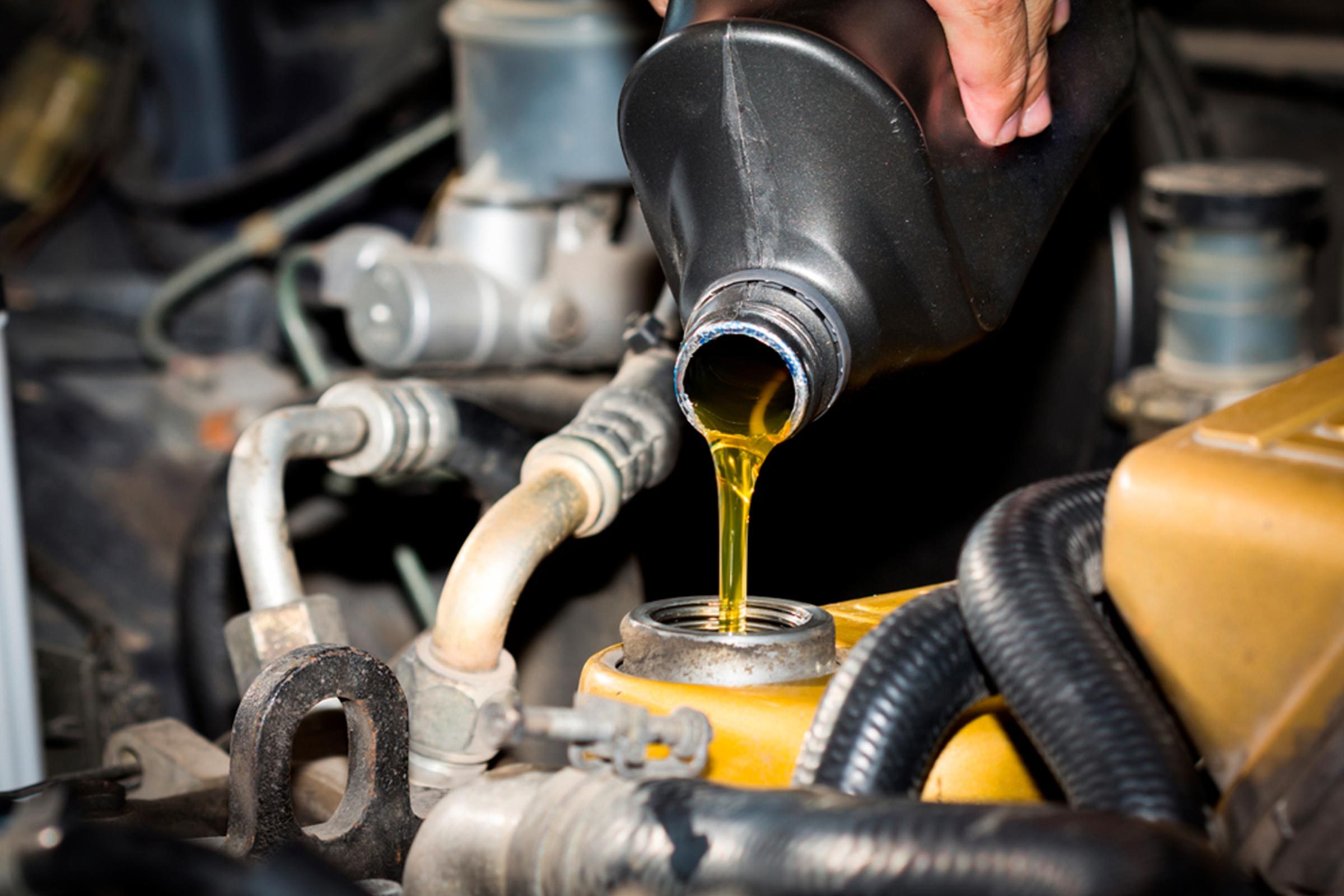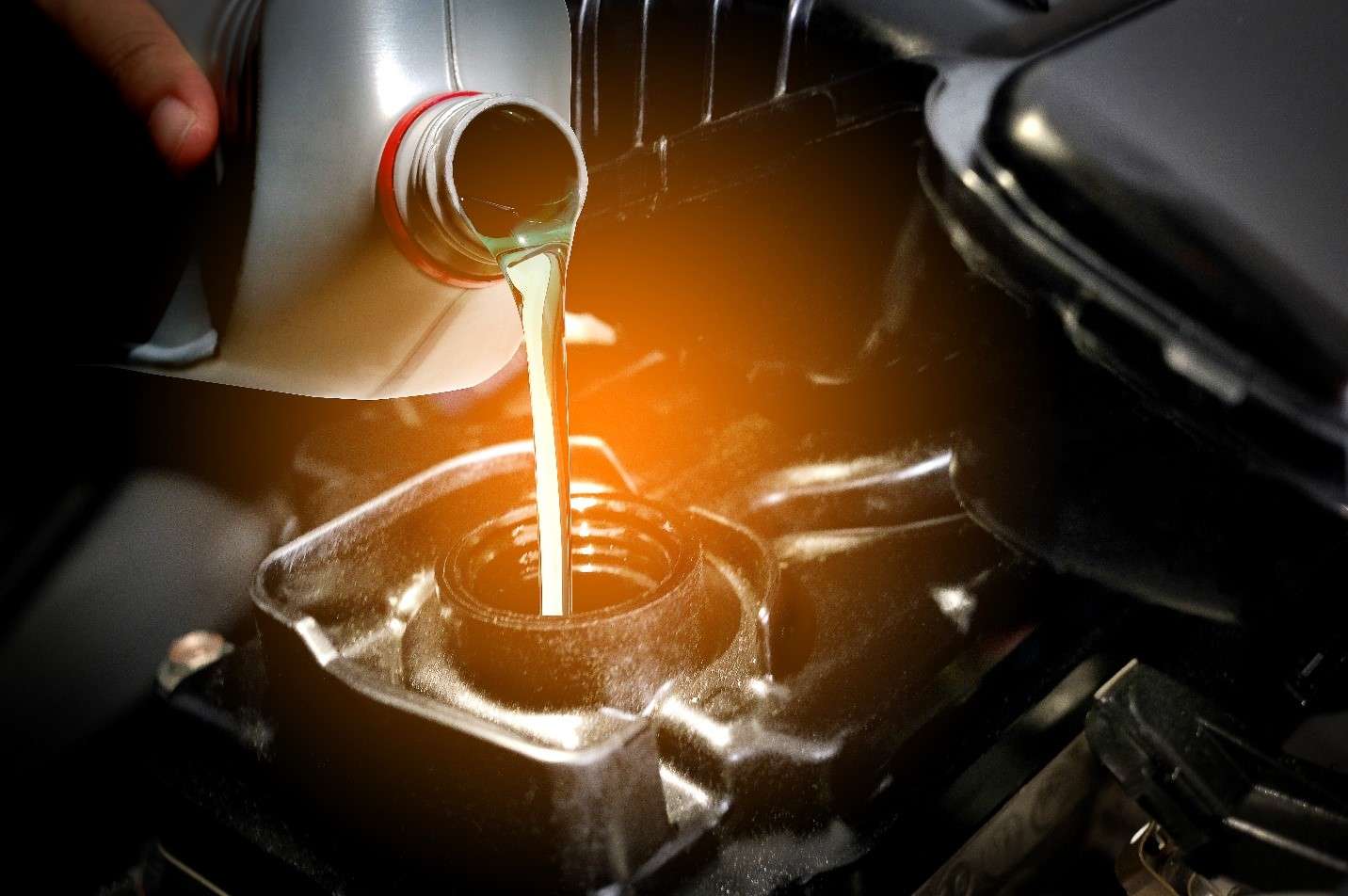Maximize Your Auto'S Performance With Normal Oil Modifications
Maintaining your car's performance is a diverse venture, with routine oil adjustments standing out as an essential element. Fresh engine oil plays a pivotal role in guaranteeing optimal lubrication, decreasing friction, and avoiding wear on vital elements. Lots of motorists ignore the indications that suggest a requirement for an oil modification, potentially compromising their vehicle's longevity.
Importance of Normal Oil Adjustments
While several cars and truck proprietors may ignore the relevance of normal oil adjustments, disregarding this critical maintenance job can bring about extreme effects for engine efficiency and long life. Engine oil plays a crucial duty in lubricating relocating components, reducing friction, and stopping overheating. Over time, oil wears away because of exposure to heat and impurities, which reduces its effectiveness.
Falling short to alter the oil frequently can result in the buildup of sludge and debris, which can obstruct essential engine elements and lead to raised wear. This not only compromises engine effectiveness but can additionally lead to costly repair services or perhaps complete engine failing. Additionally, old oil loses its ability to counteract acids created throughout combustion, which can lead to rust and further damages.
Moreover, numerous automobile manufacturers recommend specific oil modification periods, frequently based on gas mileage or time. In summary, regular oil modifications are not simply a pointer; they are an important element of accountable lorry upkeep that protects the engine and enhances general performance.
Advantages of Fresh Oil
Transforming to fresh oil supplies numerous benefits that directly enhance engine performance and effectiveness. One of the main advantages of fresh oil is its remarkable lubricating residential or commercial properties. New oil decreases friction between engine elements, which not only reduces wear however likewise contributes to smoother operation. This leads to enhanced fuel effectiveness, as the engine does not have to work as hard to conquer resistance.
Furthermore, fresh oil efficiently cleans the engine by suspending impurities and protecting against sludge accumulation. Gradually, oil ends up being contaminated with dust, steel bits, and combustion byproducts. Regularly changing oil makes certain that these unsafe compounds are removed, advertising a cleaner and much healthier engine atmosphere.
Moreover, fresh oil help in optimum temperature regulation. It dissipates warmth a lot more efficiently, preventing getting too hot and prospective damages to engine elements. This is particularly vital throughout peak performance scenarios, where warm build-up can hinder engine functionality.
Signs Your Oil Demands Changing
Engine oil is the lifeline of your vehicle, and acknowledging when it requires changing is vital for maintaining ideal efficiency - Oil Change Lockhart. A number of indicators indicate that it's time for an oil modification, and remaining vigilant can prevent engine damages and pricey repair work
First, examine the shade and consistency of the oil. Fresh oil is normally amber and smooth, while old oil may show up dark and abrasive, indicating contamination and minimized performance. A change in viscosity can additionally signify that the oil has damaged down and is no longer effectively lubricating engine elements.

One more caution sign is the oil change light on your dashboard. This sharp offers as a suggestion that the oil has reached its life expectancy or that there is a hidden issue needing interest. In addition, unusual engine sounds, such as knocking or ticking, might suggest inadequate lubrication because of abject oil.
Last but not least, if you see oil places or puddles under your vehicle, it may suggest a leakage that demands prompt inspection and possible oil modification. Being alert to these indications will certainly guarantee your engine runs efficiently and effectively.
Selecting the Right Oil
Picking the ideal oil for your lorry is essential for Source ensuring optimum efficiency and longevity. Engine oils come in numerous types and thickness, each created to fulfill details needs. The initial factor to consider must be the maker's suggestions, which can normally be discovered in the owner's manual. This guidance will route you towards the right viscosity grade, such as 5W-30 or 10W-40, which indicates the oil's density at various temperatures.
Following, consider the kind of oil: standard, synthetic, or a mix. Traditional oil is originated from petroleum and appropriates for older automobiles, while synthetic oil supplies remarkable protection and efficiency for contemporary engines, especially under severe conditions. Artificial blends integrate the advantages of both and are commonly an affordable option.
Furthermore, search for oils that fulfill sector requirements, such as API (American Petroleum Institute) or ACEA (Organization des Constructeurs Européens d'Automobiles) certifications. These indications make sure that the oil has actually been checked for quality and performance. Ultimately, selecting the right additional resources oil not only improves engine efficiency however also adds to the total health and wellness of your lorry, leading the way for smoother driving experiences.
Oil Change Frequency Recommendations

Aspects influencing oil adjustment frequency consist of driving problems, such as stop-and-go traffic, severe temperatures, and lugging heavy lots. Under serious conditions, it may be prudent to alter the oil more regularly to avoid engine wear. Additionally, some modern vehicles come equipped with oil life monitoring systems that provide tailored recommendations based upon driving habits, which can additionally enhance the oil adjustment schedule.
It's critical to consult your owner's handbook for specific suggestions customized to your automobile. Sticking to these standards not just protects engine health yet additionally enhances gas performance and decreases discharges. To conclude, routine oil adjustments, timed appropriately based on different aspects, are a basic aspect of car upkeep that can dramatically impact performance and long Learn More Here life.
Verdict
